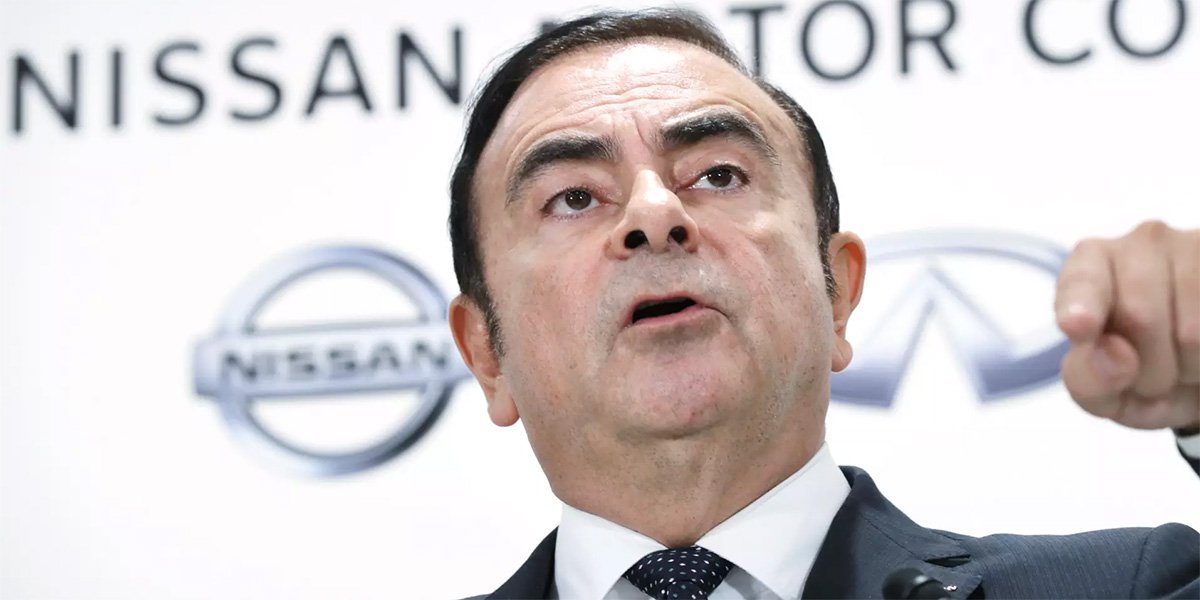AUTONEWS

Toyota, Honda and Nissan recall 6.1 million vehicles
Toyota, Honda, and Nissan, three of Japan's largest automotive manufacturers, have announced that they are performing a recall of millions of vehicles to repair a security breach.
The companies announced the recall separately, but have the same problem with the vehicles: problems in the protection in case of accidents.
Toyota reported last Tuesday (21) that the recall covers approximately 3.4 million vehicles. The affected models are marketed throughout the American continent. Among the cars involved are Corolla and Avalon lines produced between 2010 and 2019. The problem is a device that can prevent the airbag from being triggered in collisions.
On the other hand, Honda, also last Tuesday, said that its recall should reach about 2.7 million vehicles, 2.4 million in the United States and 300,000 in Canada. The automaker said that some Acuras produced between 1996 and 2003 may be equipped with problematic airbags.
On Monday (20), automaker Nissan announced that it will also carry out a recall involving about 5,000 vehicles. According to information from the company, as well as the case of Honda, problems involving the Japanese Takata airbags system were the reason for the collection of the vehicles.
Takata back in the spotlight
This latest recall involving airbags is a major headache for another company, Takata, a Japanese company responsible for manufacturing Honda and Nissan airbags.
This is not the first time that Takata technology has had problems and requires automakers to repair their vehicles.
Takata became one of the three largest suppliers of airbags in the world, with a control of approximately 25% of the market and nearly closed its doors after involvement in the largest vehicle recall in history.
Since 2008, more than 100 million recalls have been carried out worldwide. Takata was the official supplier of major automakers such as Toyota, Honda, Volkswagen, BMW and others.
The problem with the company's airbags is in a component of the system called the deflagator, a piece of metal containing a chemist responsible for expanding the air pocket that dampens the impact of the driver after a collision.
When the deflagator is defective, it explodes after activating the airbags, throwing hundreds of metal shrapnel toward the driver. Since 2004, the fault has killed 17 people around the world.
It was not until 2014 that Takata was named responsible for the defect, after it was revealed that some company directors knew the risks of the technology.
In June 2017, the company filed for judicial recovery in the United States and Japan in an agreement involving the sale of the company to Key Safety Systems, an American competitor.
Source: Allan Gavioli

Nenhum comentário:
Postar um comentário